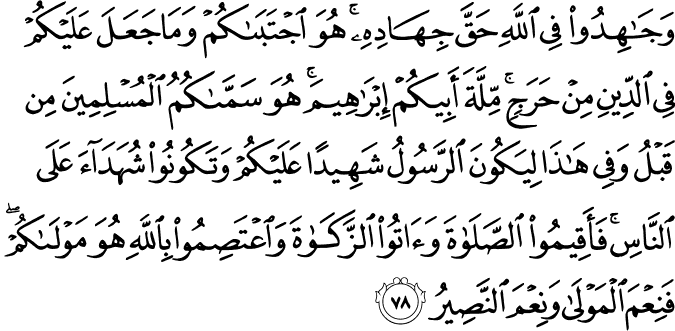#Society
Muslim Chaplains In An Evolving Profession
Published

This article has been jointly written by Chaplains Shazeeda Khan and AbdulMalik Negedu.
“Do we call ourselves ‘Chaplains’ or find an Arabic word for a Muslim/ah Islamic equivalency within this profession?”
This was one of the questions pondered by the men and women who had gathered for a workshop in a quaint lecture room on Yale University’s Old Campus over a decade ago. The workshop was part of a historic Shura and In-service Training Conference for Chaplains, Imams, and other service providers to the Muslim community held in March 2011. It was the first such Shura that brought together imams and religious leaders (lay and otherwise), counselors, scholars, students, and other stakeholders in Islamic chaplaincy (Muslim and non-Muslim). The Shura was convened to explore the professionalization of men and women who work as chaplains in various institutions through education, training , professional and personal support, and endorsement. Among the objectives of the conference was that Muslim chaplains would begin to attain parity with those of other faiths, in terms of professional competencies, as well as having the qualifications to serve as leaders and representatives of the American Muslim community.
The Roots of Chaplaincy
Keep supporting MuslimMatters for the sake of Allah
Alhamdulillah, we're at over 850 supporters. Help us get to 900 supporters this month. All it takes is a small gift from a reader like you to keep us going, for just $2 / month.
The Prophet (SAW) has taught us the best of deeds are those that done consistently, even if they are small. Click here to support MuslimMatters with a monthly donation of $2 per month. Set it and collect blessings from Allah (swt) for the khayr you're supporting without thinking about it.
So, the question was primarily about identity and professional development. It was a pertinent one to ask due to the Christian roots of chaplaincy, specifically of the word from which chaplaincy is derived. According to the Encyclopedia Britannica, a chaplain was originally a priest or member of the Christian clergy. The word originates from the latin cappellani (singular: cappellanus) which referred to a religious order of men who were originally charged with guarding the half cape (cappella, diminutive of cappa) of Saint Martin of Tours, and later, with providing notary services and advice in religious and secular affairs in the royal courts of medieval Europe.
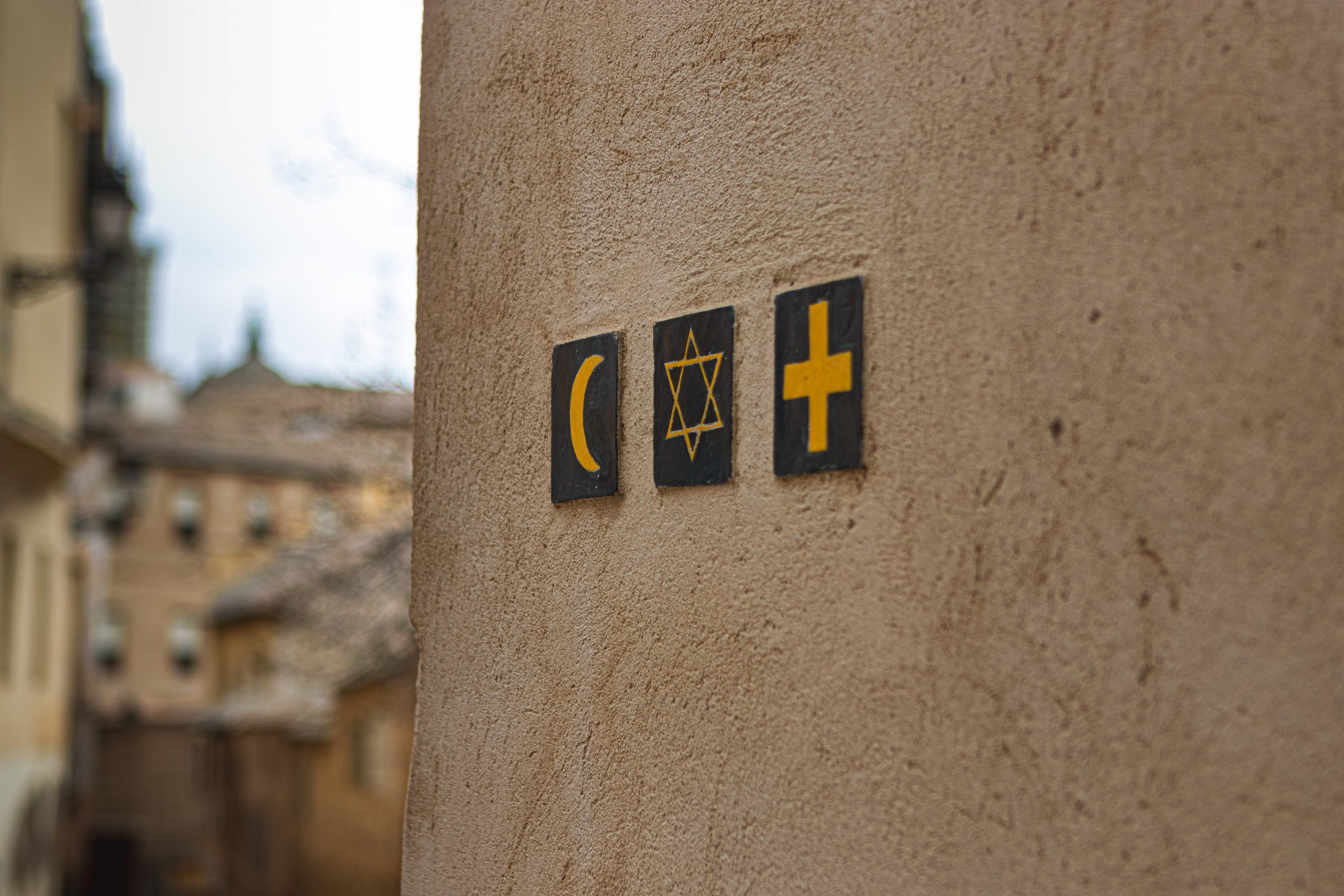
Also understood was the role duality of chaplaincy. Chaplains are members of one institution serving in another institution. Like the priests in the European courts of the Middle Ages, Muslim chaplains were acknowledged and accepted to be Muslims, first and foremost, representing Islam and the American Muslim community (in all its diversity) while they worked in various settings as professionals.
Evolution
Since 2011, the field of Muslim chaplaincy has evolved, and continues to evolve due to the diverse and multifaceted settings in which chaplains work. There has been a tremendous increase in the number of Muslim chaplains and in the number of institutions where they work. And the words “chaplaincy” and “chaplain” -including the Islamic or Muslim prefixes- have gained acceptance within the general American Muslim community.
Another part of this evolution is the professionalization of chaplaincy in general, which now places greater emphasis on providing emotional care to support persons during times of crises, and helping them to navigate grief, anger, or depression, regardless of the persons’ religious beliefs -or lack thereof-, and lesser emphasis on religious or spiritual guidance. Religious or spiritual guidance is limited to facilitating religious services and/or accommodations.
The foundation of this shift in emphasis is mostly attributable to the prevalence of a theological or philosophical paradigm about connectivity with the Spirit of Self or Being, within and beyond religion or inter-spirituality. As a result, many lay people with little or no formal religious education, including Muslims, are hired as chaplains in various institutions if they have received professional training in chaplaincy only. Even God has either been relegated or removed from the chaplaincy equation. In August 2021, the New York Times published an article that Greg Epstein, an avowed atheist, and humanist, who authored “Good Without God” was elected as the president of Harvard University’s organization of chaplains.
Religion at its Core
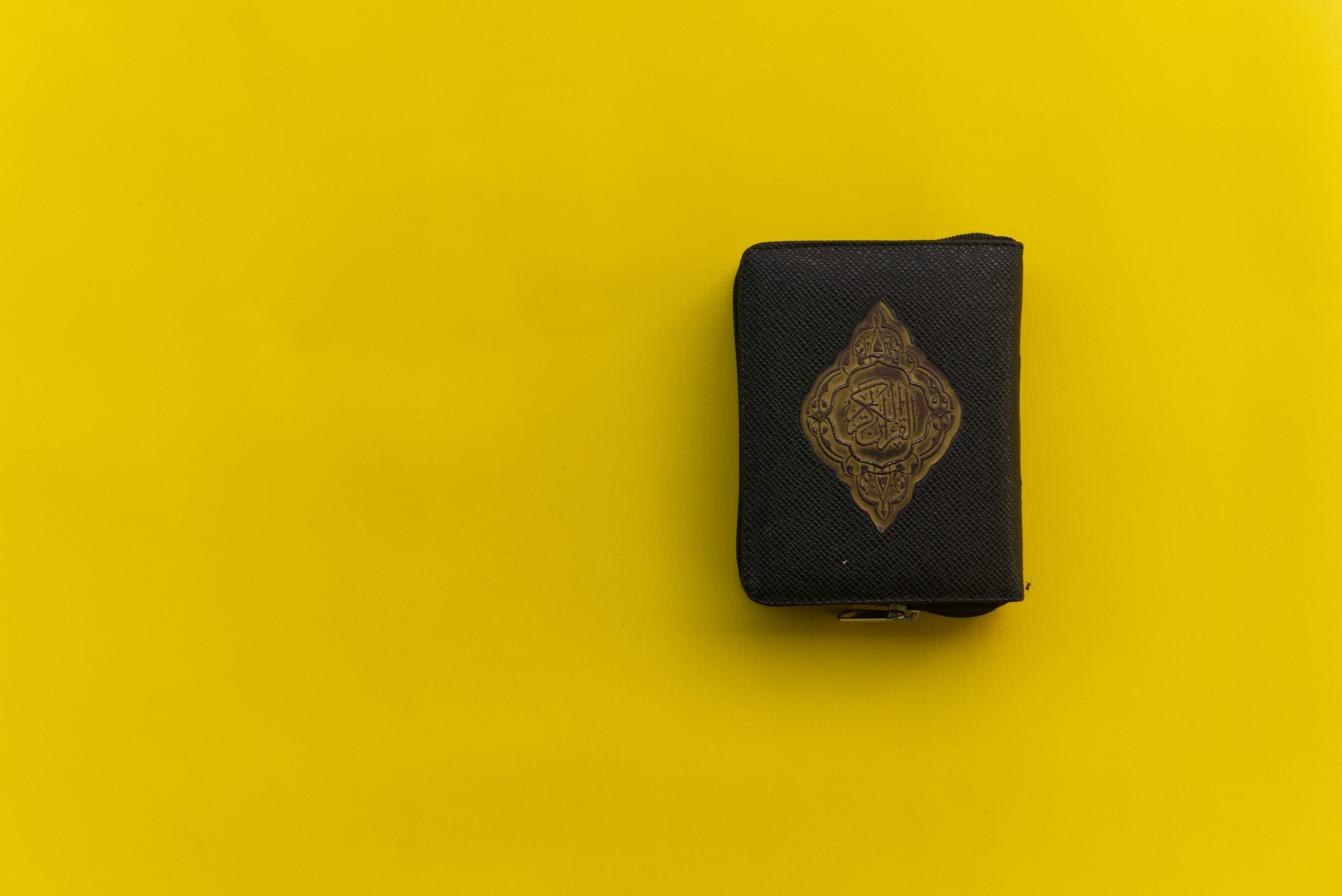


Muslim Chaplaincy in a Pluralistic Society
The general expectation for these men and women from the Ummah is that, in choosing to tread the path of chaplaincy as Muslims, they have acknowledged that the foundation of the vocation is built upon religion – that they are primarily inspired by Islam, as their professed religion, in wanting to live, work and impact others from within its paradigm; that they are bound by the dictates of the religion; and that, regardless of setting, they are assuming religious leadership with its requisite responsibilities.
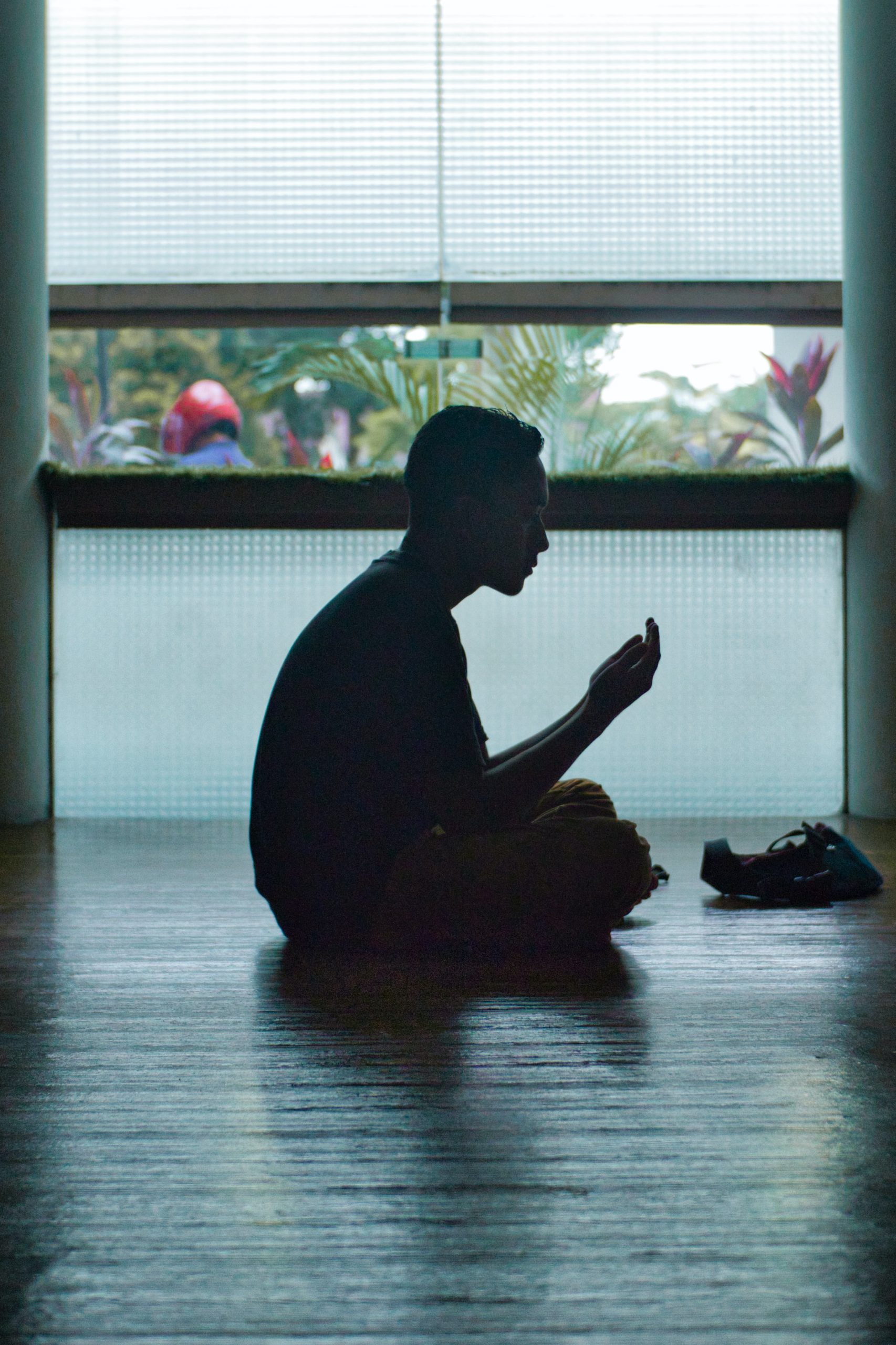
The risks inherent in functioning in a pluralistic environment are the confrontations with issues and encounters with situations that can create doubt and potentially lead to either loss of identity, belief, or both. A Muslim chaplain must demonstrate wisdom that is based on sound knowledge, and confidence that is based on their identity to maintain their own religion, while dealing with those of other faiths or no faith. Therefore, it is imperative for him or her to maintain his or her Islamic identity and acquire knowledge that is far more than incidental or rudimentary. And it is critical to remain grounded in Islam by communing daily with Allah 

The participants in the workshop at the Shura in 2011 concluded that “Muslim Chaplain” was acceptable. At the core of this self-identification is the appellation that is directly given by Allah 
And strive for Allah with the striving due to Him. He has chosen you and has not placed upon you in the religion any difficulty. [It is] the religion of your father, Abraham. Allah named you “Muslims” before [in former scriptures] and in this [revelation] that the Messenger may be a witness over you and you may be witnesses over the people. So establish prayer and give zakah and hold fast to Allah . He is your protector; and excellent is the protector, and excellent is the helper. [Surah Al-Haj:78]
A Muslim chaplain has influence as the face of Islam in the settings where he or she serves. The chaplain has the potential to reach the masses beyond that setting and with this potential, can affect how Islam is perceived in the United States. Therefore, it is important that male and female Muslim chaplains be mindful of how they will be held accountable as a witness in this regard.
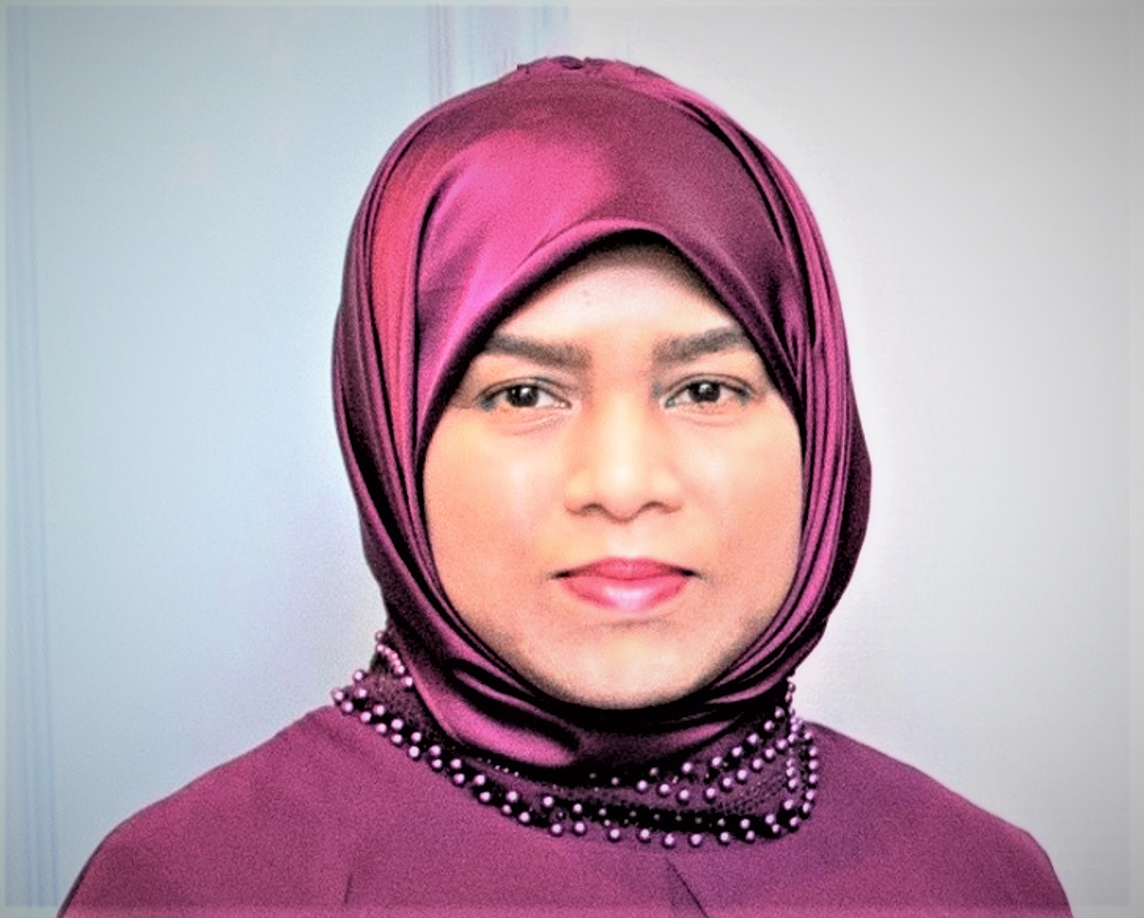
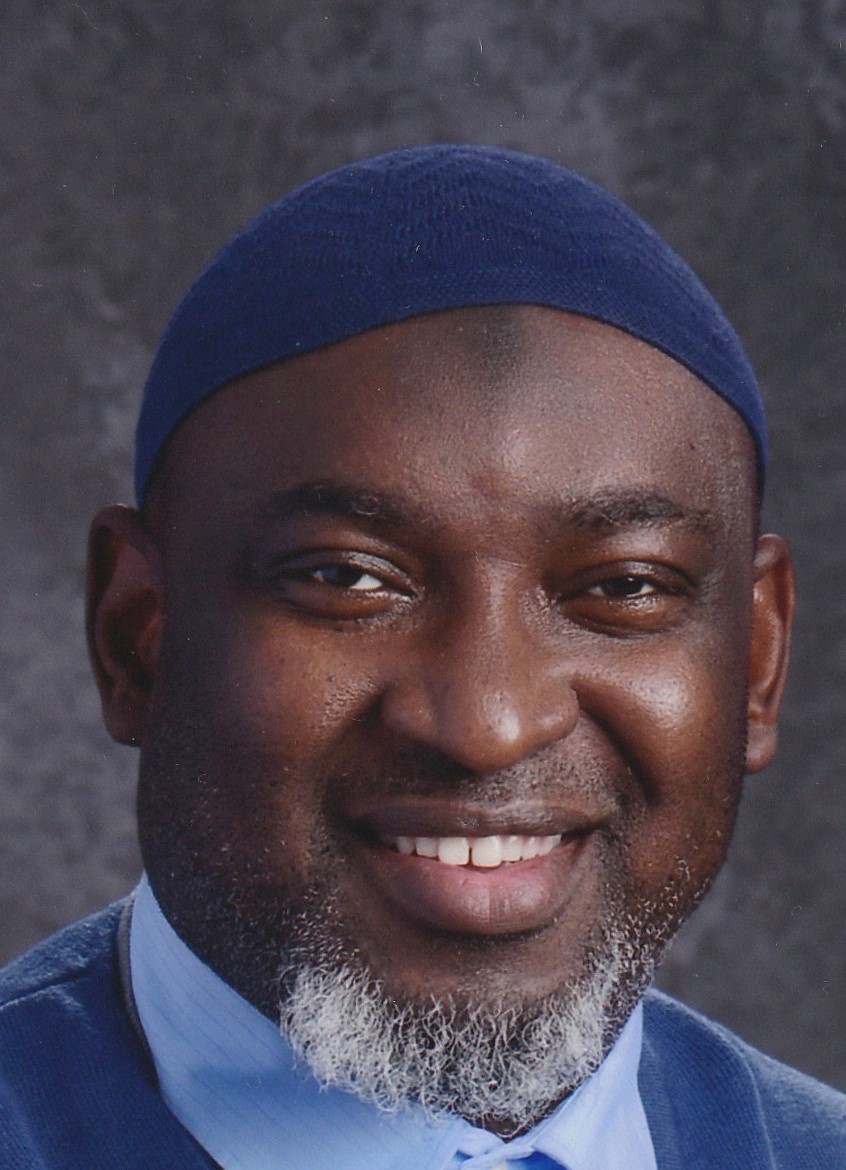
Related links:
From The Chaplain’s Desk: Welcoming IOK Chaplaincy To MuslimMatters
Keep supporting MuslimMatters for the sake of Allah
Alhamdulillah, we're at over 850 supporters. Help us get to 900 supporters this month. All it takes is a small gift from a reader like you to keep us going, for just $2 / month.
The Prophet (SAW) has taught us the best of deeds are those that done consistently, even if they are small. Click here to support MuslimMatters with a monthly donation of $2 per month. Set it and collect blessings from Allah (swt) for the khayr you're supporting without thinking about it.
Chaplain Shazeeda Khan has an economics degree from New York University. She began her career as a commodities accountant at a Wall Street firm. She has a certificate in Islamic Studies and is currently a volunteer chaplain at the United States Federal Correctional Institution in Danbury, CT since 2005 where she serves Muslim women. She is the Director of Islamic Education and teacher for the Baitul Mukarram Masjid of Greater Danbury. There she develops the Islamic Studies curriculum for the youth ages 5 to 18 and supervises a team of teachers. She also develops halaqa programs for women. Since 2000 Chaplain Khan has served on the board of the Association of Religious Communities (ARC), an interfaith community service organization. She is one of the founding board members of the Muslim Endorsement Council (MEC, Inc.) and the Secretary of The Islamic Seminary of America (TISA).


What Would the Price Have Been for Not Drawing the Line? A Response to Imam Dawud Walid and Zainab bint Younus

Ramadan In The Quiet Moments: The Spiritual Power Of What We Don’t Do

30 Nights with the Qur’an: A Ramadan Series for Muslim Teens

Keep Zakat Sacred: A Right Of The Poor, Not A Political Tool

Far Away [Part 9] – Crane Dances In The River

[Podcast] Should Muslims Ally with Conservatives or Progressives? | Imam Dawud Walid

How to Make this Ramadan Epic | Shaykh Muhammad Alshareef

[Podcast] The Parts of Being an Imam They Don’t Warn You About | Sh Mohammad Elshinawy

[Podcast] Guardians of the Tradition: Muslim Women & Islamic Education | Anse Tamara Gray

Iron Principle Under Pressure: A Profile Of Naledi Pandor

[Podcast] Guardians of the Tradition: Muslim Women & Islamic Education | Anse Tamara Gray

How to Make this Ramadan Epic | Shaykh Muhammad Alshareef

[Dhul Hijjah Series] Calling Upon the Divine: The Art of Du’a (Part 1)

IOK Ramadan 2025: Four Steps | Sh Zaid Khan

IOK Ramadan 2025: Do Your Best | Sh Zaid Khan
Trending
-
#Current Affairs4 weeks ago
[Podcast] Should Muslims Ally with Conservatives or Progressives? | Imam Dawud Walid
-
#Current Affairs1 month ago
Op-Ed: From Pakistan To Gaza – Why Senator Mushtaq Ahmad Khan Terrifies Power And Zionism
-
#Culture1 month ago
The Muslim Book Awards 2025 Winners
-
#Islam3 weeks ago
How to Make this Ramadan Epic | Shaykh Muhammad Alshareef
